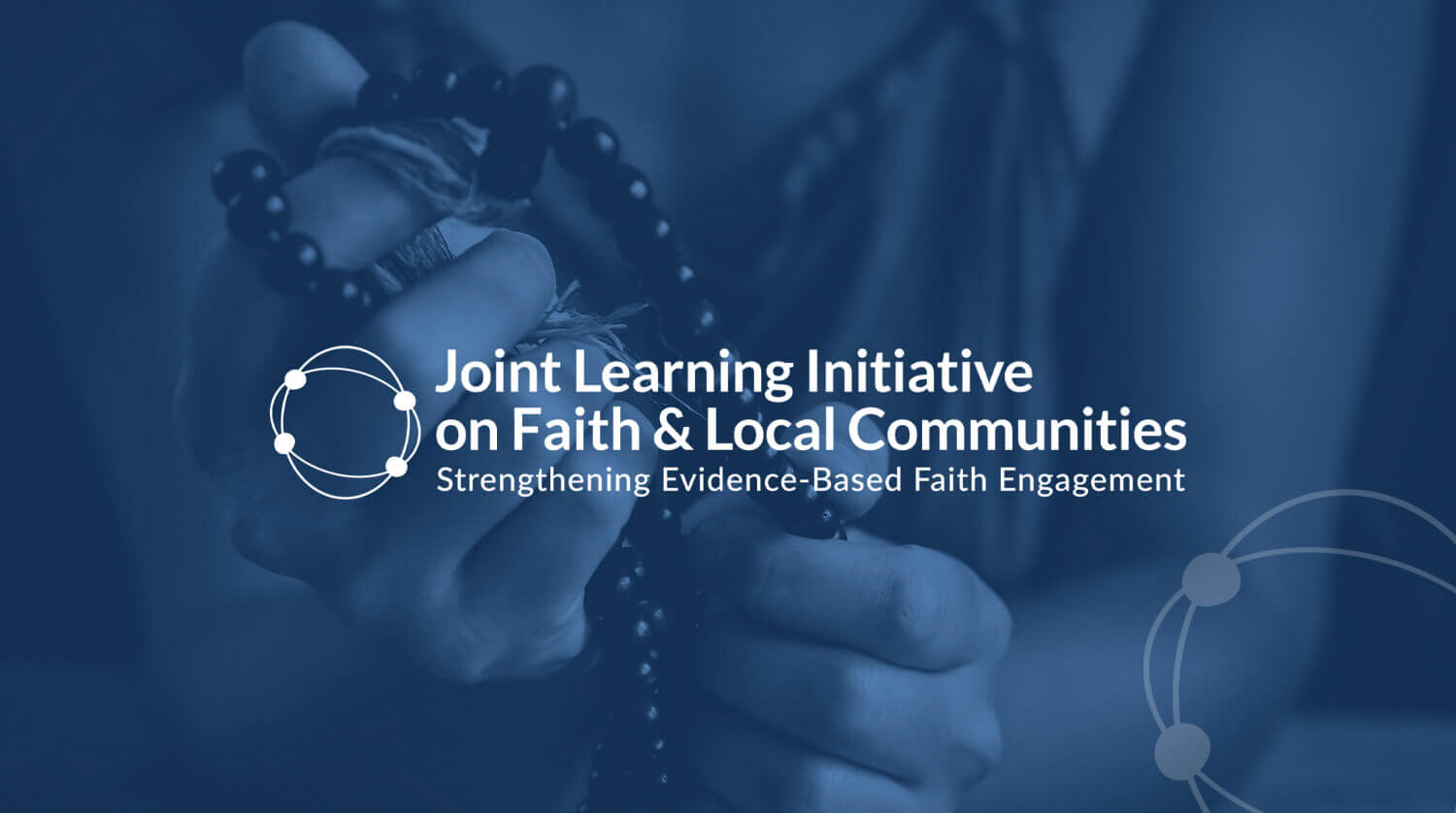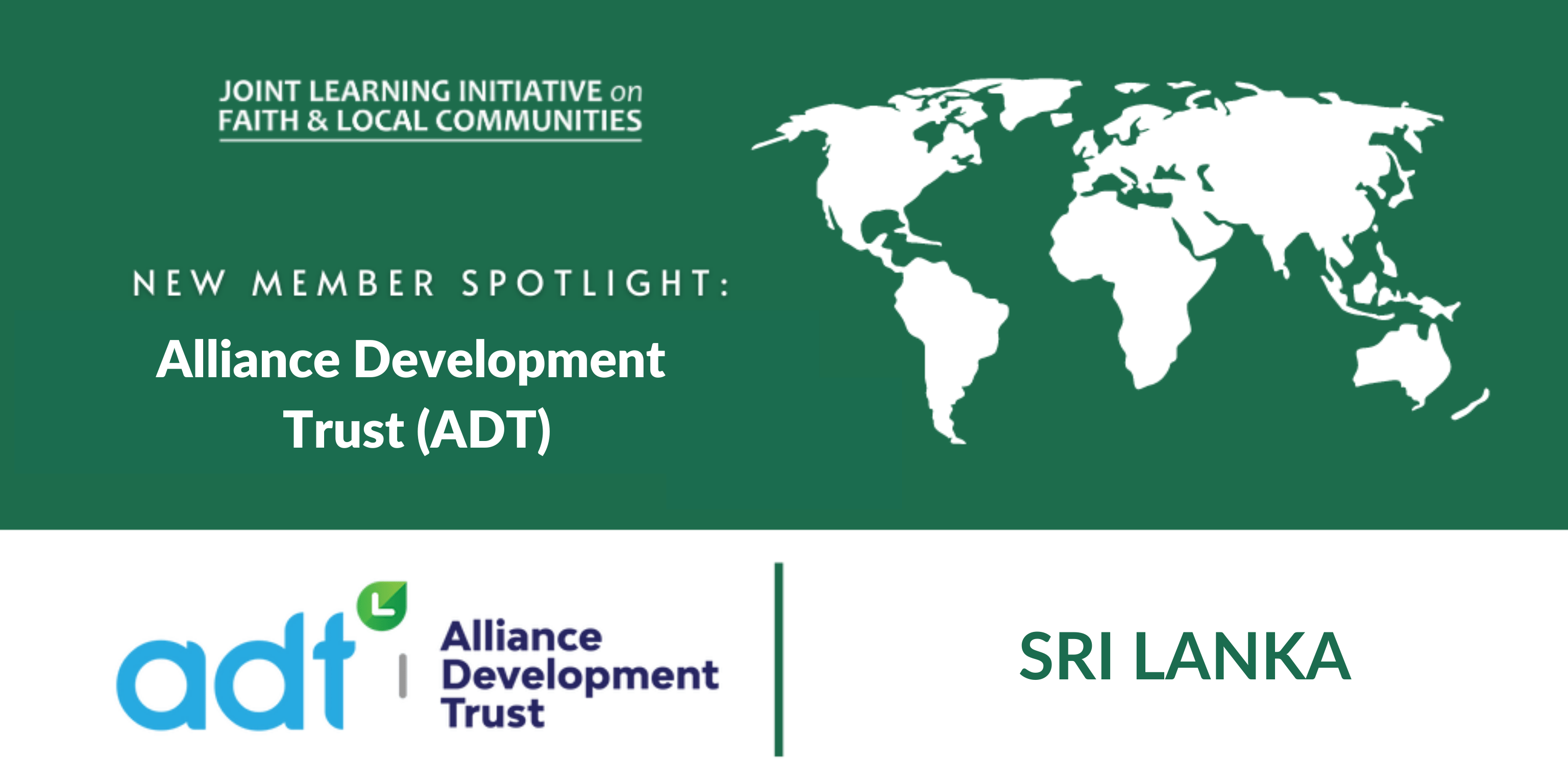
This month we share our conversation with Praveen Gomez, former Head of Programmes & Strategy for Alliance Development Trust – one of our newest members from Sri Lanka.
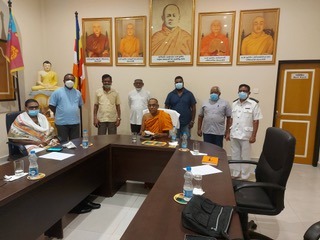
Welcome to JLI Parveen! Can you tell us about Alliance Development Trust (ADT)?
ADT was registered in 2005, following the 2004 tsunami. We work with villages and communities across all districts of the country, with offices in 5 districts, in various sectors – including programmes with children, and livelihoods, health, and awareness raising programmes.
Since 2015, we have been working with the government on defeating leprosy, due to high rates of leprosy in our country. Through this project, we identified a group of interfaith leaders, who had previously convened to work on peacebuilding. We convinced them to join us in our work fighting leprosy, and the rest is history! We have been working with them ever since, with great success, and with support from the government also. Initially, we brought together faith leaders and government representatives – specifically, District Health Inspectors – at a national conference to meet, share information, and discuss strategies on how they could work together moving forward.
Since then, the faith leaders have been working with the District Health Inspectors to tackle stigmas and raise awareness about available treatments with local communities. Not only did they do this through their own religious institutions – such as mosques or temples – but also by visiting schools and prisons. The religious leaders had a great deal of influence in their communities, and were able to access spaces that even the government leaders couldn’t.
The initiative has received a great deal of publicity, and was highlighted in the Toolkit for Leprosy Control as an example of best practice. We were also able to share our case study with the World Health Organisation, the Centre for Disease Control, and Harvard University. We have also had many others reaching out to us for our learnings on working with faith leaders.
More recently, the World Health Organisation has funded us to work on the COVID-19 pandemic. We have been working with the Ministry of Health to mobilise faith leaders on communicating risks and safety relating to COVID-19 to local communities.
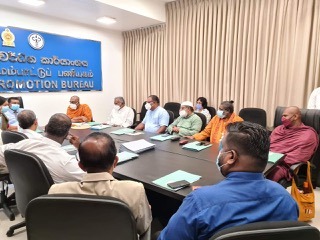
What role do you think faith actors should play in issues of social justice, human rights and community resilience?
Having seen the success of our current work on leprosy and now more recently on COVID-19, I would say it’s almost mandatory that faith leaders do engage on social issues, as they have such influence on the public and many people look up to them. However, we also need to educate and support faith leaders on these issues. I think NGOs and CSOs can have a role to play in bridging the gap and being an intermediary, especially in helping faith leaders engage with the government. It is so crucial that faith leaders are engaged rightly, and that they are guided and supported because they have such an important role to play in their communities.
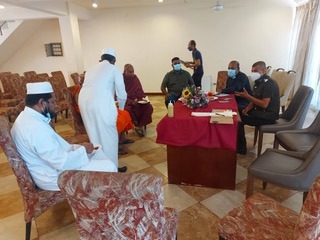
Why did you decide to join JLI as a member? How would you like us to support you in your work?
I joined JLI on the recommendation of the Leprosy Mission network, which ADT is a member of. I became curious about JLI and wanted to learn what it is about.
One area where JLI could support us in is research, as it’s something we are not experienced in. For example, when we rolled out our interfaith leprosy work across all districts, there were a few districts that did not participate in the programme – meaning that we were able to use those as control districts when measuring our success. I wish I knew more about how to do research and had people who could advise me when we do a new project on how to build in research from the very start so we can ensure evidence-based outcomes and impact. We are a small NGO, but I am sure there are others who would really appreciate having somebody to advise on how to measure impact.
This interview was conducted in 2021, and Praveen has since moved on to another organisation. Learn more about Alliance Development Trust on their website.

